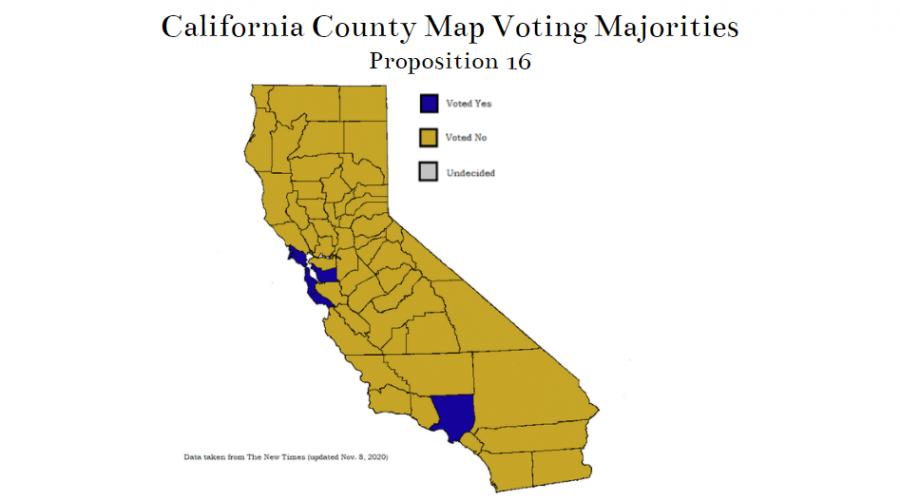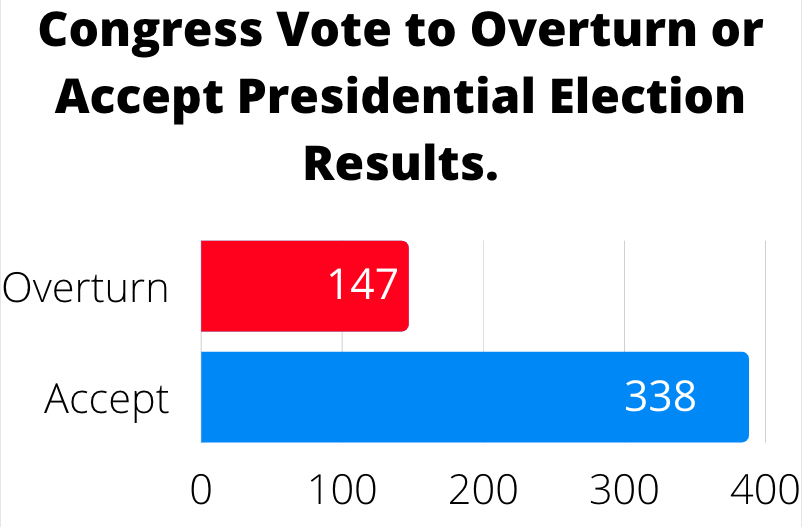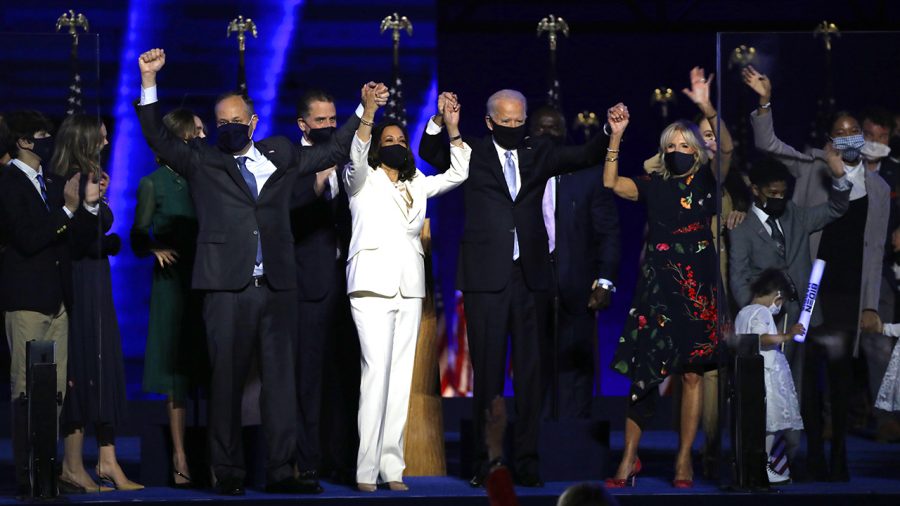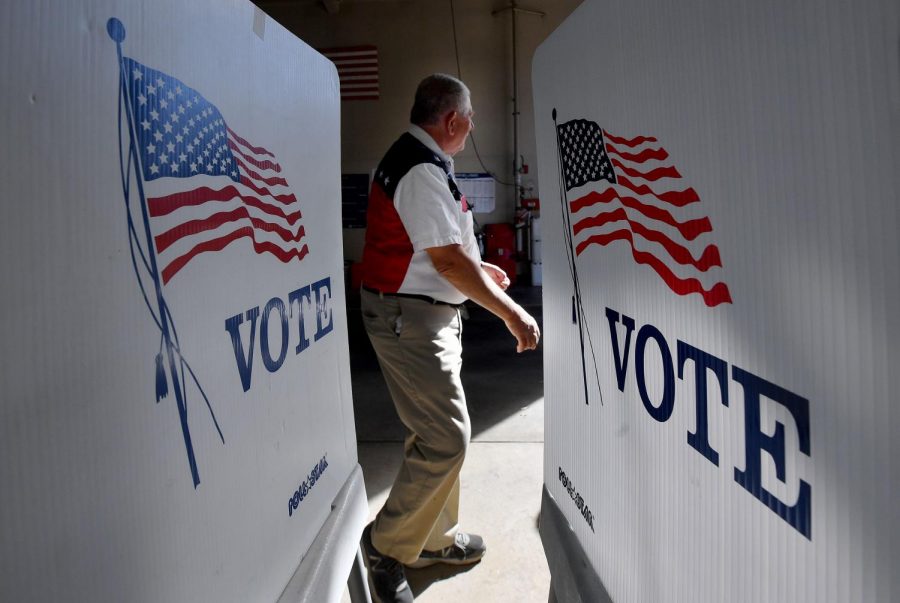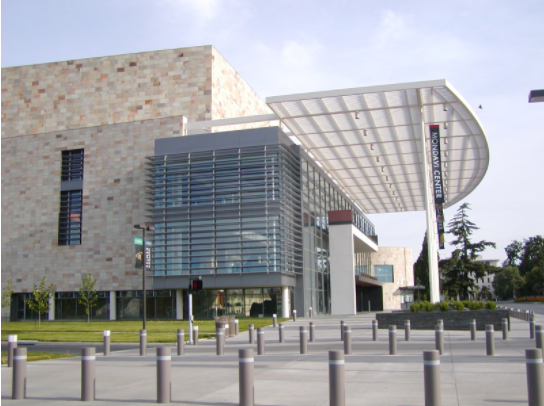
Many of California’s most influential politicians argued that Californians needed to pass Proposition 16 to help minorities in professional and academic spaces.
Voters were unwilling to reinstate affirmative action, rejecting Proposition 16 by a large margin.
If passed, Proposition 16 would have repealed Proposition 209 and re-legalized affirmative action, which is the practice of favoring people who belong to groups that have previously faced discrimination in government job hirings and college acceptances.
Those who agree with the proposition argue that it gives minorities more workforce and college admissions opportunities. Those who disagree with the proposition claim it’s unconstitutional, as it goes against the idea of equality for all people. San Mateo County is one of the five counties that has voted to support the measure by a margin of about 3 points.
Connie Dominguez, a counselor at Carlmont High School and admissions reader for UC Davis, voted yes on the proposition. However, Dominguez was on the fence about whether she wished it to pass because she believed that Proposition 16 didn’t address the education gap’s root cause.
“A reason I tend to be on the fence when we talk about affirmative action and admitting students based on race is that there are some of us that don’t want to be admitted just because of the color of our skin. We want to feel like we can handle the rigor and like we worked as hard as everybody else,” Dominguez said.
Although Proposition 16 would have affected high school students by changing the way colleges would accept applicants, many students could not vote on the proposition due to their age. The direct effect this proposition would have had on their lives led many students to take a more in-depth look into the issue and form an opinion.
Abby Sanders, a senior at Carlmont High School and the president of the Junior State of America club, wanted Proposition 16 to pass because she feels it would send a strong message of equality to legislators. Sanders views Proposition 16 as an important message of California’s priorities. She believes it would have helped help boost minority communities in San Mateo County and the rest of the state.
“I view Proposition 16 more than anything as less of a tangible impact and more of a statement of values that would give our political leadership a mandate to really take the initiative on a policy that is incredibly important,” Sanders said.
Claire Taggart, a junior at Carlmont, had opposing ideas as she views affirmative action as unnecessary due to the equality laws that are already in place.
“I think it’s unnecessary to single out individual races since there are many laws to protect them. Many people feel affirmative action is discrimination against the majority and since there are laws on the state level [to protect minorities], I think it’s unnecessary to bring it back,” Taggart said.
Despite agreeing with Sanders in many respects, Dominguez feels that many universities have already taken significant steps to increase their diversity.
“Even if we don’t have a blanket proposition across the whole state of California, I think that the universities are doing other things to make sure they get [minorities] taken care of. Let’s ask universities and employers to step up and see what they’re going to do about this. To be honest with you, the UC’s have been doing a better job now without just looking at race to determine admissions,” Dominguez said.
After a long campaign season, Proposition 16 failed. Ad campaigns were run from two different parties throughout California to persuade voters to vote with their side. According to California’s Government Trackings of Campaign donations, the yes-campaign managed to raise nearly $20 million, mostly from civil rights organizations, in an attempt to pass the proposition. Many big-name democrats in California, like Gov. Gavin Newsom and Vice President-elect Kamala Harris, supported Proposition 16.
The no-campaign raised over $1 million to fight Proposition 16 with California State Sen. Ling Ling Chang, State Sen. Melissa Melendez, and the Californian Republican party speaking out against the Proposition.
Although the failed proposition would have given minorities more opportunities in professional spaces, the rejection is not the end of colleges’ fight against the education gap. The UCs have instituted Eligibility in the Local Context programs to help college applicants from disadvantaged schools with limited resources. Many schools have various Equal Opportunity Programs in place and are actively looking to diversify their admissions.
Dominguez explained that colleges are abandoning old methods that gave minorities distinct hindrances, such as making standardized testing optional and adding more background information into essay writing.
“I wish we didn’t need affirmative action. I wish that everything was equal, and all students, regardless of race, color, or class, had equal access to a good education and the ability to get into a good college. I’m on the fence because there are students that are struggling, and it has nothing to do with their color; it has nothing to do with their skin… It has to do with their circumstances in life,” Dominguez said.


